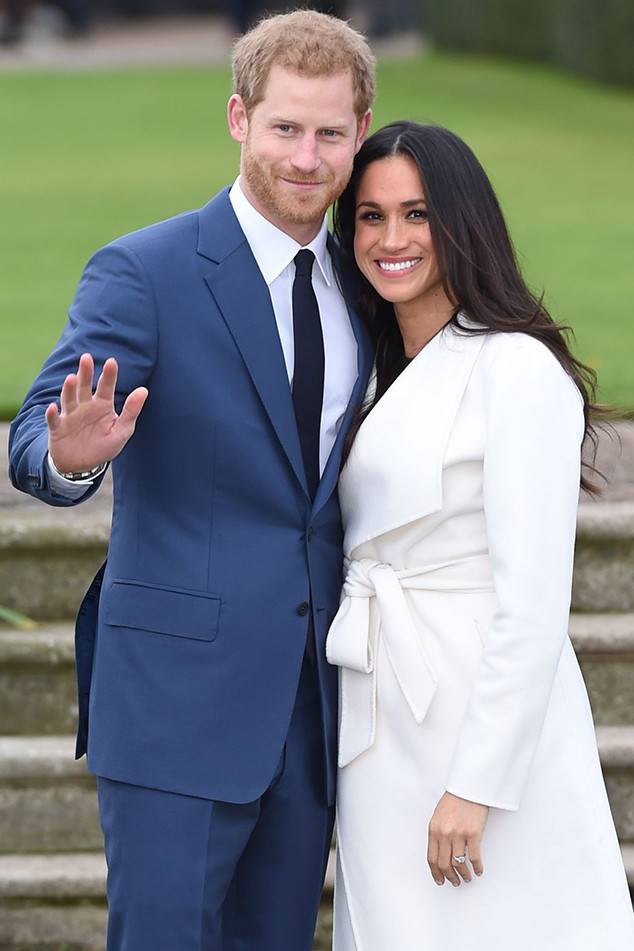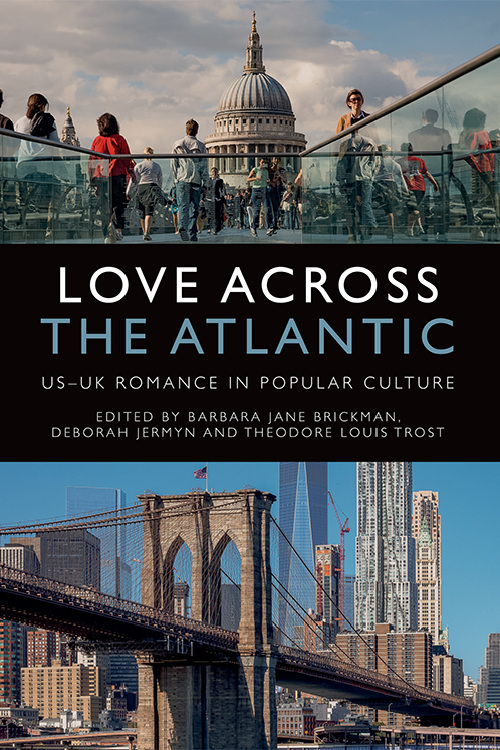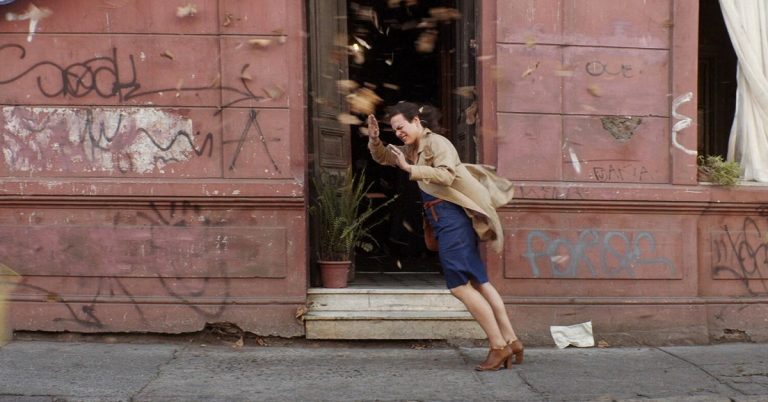
Read on to catch a glimpse of one of the chapters from Love Across the Atlantic: US-UK Romance in Popular Culture, edited by Barbara Jane Brickman, Deborah Jermyn and Theodore Louis Trost.

Earlier this year, Meghan Markle and Prince Harry (aka the Duchess and Duke of Sussex) announced their resignation from front row royal duties, aiming to “carve out a progressive new role” within the monarchy. Speculations for the reason for their resignation abound, with many media outlets and social media highlighting the (sexist and racist) abuse Markle in particular was subjected to. Alongside articles highlighting the stark difference in treatment of Markle and other royal brides such as Kate Middleton, jokes about Markle playing herself in the Netflix hit The Crown, and speculations around their future earning potential, the Internet yet again draw parallels between Meghan and Harry and the UK’s exit from the European Union due later that month. After the ‘Brexit Baby’, the looming exit was quickly termed ‘Megxit’ (or sometimes ‘Sussexit’), and many commentators knowingly used the language of transition periods, withdrawal agreements and divorce bills borrowed from the Brexit negotiations of the previous few years to comment on the couple’s negotiations with the royal family.
My chapter in the forthcoming Love Across the Atlantic, edited by Deborah Jermyn, Barbara Brickman and Theodore Trost, which examines the US-UK ‘special relationship’ in popular media and culture anticipates some of the issues raised in the media coverage of ‘Megxit’. The royal wedding in May 2018 was a celebration of the perhaps most visible transatlantic romance between a British prince and an American actor. My research is based on media coverage of the time between the announcement of their relationship in November 2016 and the royal wedding in May 2018, and captures some of the racist coverage directed towards her in the early days of their courtship. But it also offers some insights into the ways in which the royal romance was mobilised to offer a modern image of not only the royal family, but the country as a whole at a time when its image abroad changed from open, tolerant ‘Cool Britannia’ to an inwards and backwards-looking country. The royal wedding provided an opportunity for distraction and to create an image of unity in a nation divided across Leave and Remain lines.
Early on, Markle, as an immigrant woman of colour, was recognised not only as a corrective to the image of Britain as an anti-immigration nation, but also as a potential asset when it came to post-Brexit relations with Commonwealth countries. Just before the royal wedding, the Queen made Meghan and Harry Commonwealth Youth Ambassadors and in March 2019 Markle was appointed vice president of the Queen’s Commonwealth Trust. After much speculation and apparent negotiations, as part of their ‘exit deal’ they lost their Commonwealth Youth Ambassador roles. This step seemed to be the biggest sign that the brief attempt to modernise the British monarchy – to make it a more inclusive institution, reflective of a diverse country – had failed. It now looks like the royal couple will establish a life on the other side of the Atlantic in Canada, away from the British press. The symbolic significance of their exit cannot be underestimated: instead of the desired image makeover provided by a glamourous American marrying into the royal family, their exit shone the spotlight on a media and political climate that has created a hostile environment for the UK’s most prominent US immigrant.
By Nathalie Weidhase

Nathalie Weidhase is a Postdoctoral Researcher in Media, Culture and Communication at Bournemouth University. She has published on women in popular music and celebrity feminism. Her current work is concerned with the intersections of populism and gender in popular culture and media.

Love Across the Atlantis: US-UK Romance in Popular Culture is an interdisciplinary exploration of the enduring, and often fraught, cultural fascination surrounding British-American romance.




